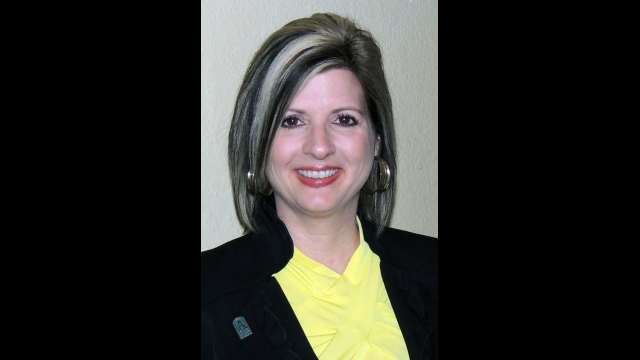DALLAS (DIYA TV) — When Shelby Garner, assistant professor at Baylor University’s Louise Herrington School of Nursing (LHSON), embarked on a mission trip to India, she hardly expected the results to yield honors that would become recognized internationally, and perhaps, was not aware she would be returning so soon.
This month, Garner was a recipient of a Fulbright-Nehru Research Grant from the U.S. India Educational Foundation. The grant will allow for her to research further the impact of simulation education in nursing curricula in Bengaluru, India. More than 2.4 million nurses are needed to fill the void in India’s nursing workforce, according to the World Health Organization, and the demand for those nurses is often times met by the employment of ill-qualified staff, leading to subpar care.

Multiple studies have revealed countries with the highest health care worker shortages carry the highest number of unhealthy residents, and the highest number of maternal and infant deaths.
“In February, I was overjoyed to receive a letter notifying me that I was awarded a Fulbright-Nehru Research Grant. The Fulbright grant will provide travel, a salary stipend and other resources needed to conduct this research,” Garner said. “As a Fulbright research scholar, I plan to work collaboratively with my faculty colleagues in Bengaluru to evaluate the impact of simulation use in Bachelor of Science in Nursing and General Nurse Midwife programs in India.”
The goal of Fulbright-Nehru is to provide U.S. faculty, researchers and professionals the means to teach and conduct research with an Indian host institution. At its inception, William Fulbright created the program with the hopes of developing an international understanding through open communication and long-term cooperative relationships.
Garner plans to spend two or three months in Bengaluru during summer 2017, and again for the same time period in the spring of 2018. She will work in the interim via Skype, and begin short-term trips to the country beginning in April to coordinate her research efforts and pilot some of the tools she intends to employ in her research.
Some of the specific action-items in Garner’s plan include:
-
Assess the effectiveness of a simulation training intervention to increase self-efficacy in teaching for nursing faculty
-
Assess the effectiveness of participation in a simulation scenario to increase self-efficacy in nursing competency performance for student nurses
-
Determine if a relationship exists between nursing student self-efficacy in nursing competency performance and nursing faculty observed competency performance
“We are so proud of Shelby’s J. William Fulbright U.S. Scholar Award and her work in India with her USAID/ASHA grant for the new Simulation Education and Research Center for Nursing Excellence in Bengaluru, India,” said Shelley Conroy, Ed.D., professor and dean of the School of Nursing. “She has embraced the mission of the LHSON and Baylor University to serve both God and the world through educational excellence, built upon the Christian faith. She definitely exemplifies our LHSON motto: Learn. Lead. Serve.”
Garner made her first trip to Bengaluru after her first year at the univeristy — traveling with a group from LHSON, their goal was to coordinate and present a workshop to the nursing faculty at the Rebekah Ann Naylor School of Nursing in India. During that trip, Garner said she learned much about the challenge’s facing the country after hearing the school’s principal speak.
“During this trip, I listened as Ms. Leena Raj, RANSON’s principal, shared the unique challenges faced by nurses and nursing faculty in India,” Garner said. “Due to complex religious and cultural factors, nursing is not perceived as a respectable profession in India. As we wrapped up the workshop and I returned to the United States, I felt called to establish ongoing partnerships with my colleagues in India to address some of these challenges.”
Since its inception in 1946, more than 360,000 Fulbright grants have been awarded. More than 50 recipients have been awarded Nobel Prizes.
Information from Baylor University media services contributed to this report.




